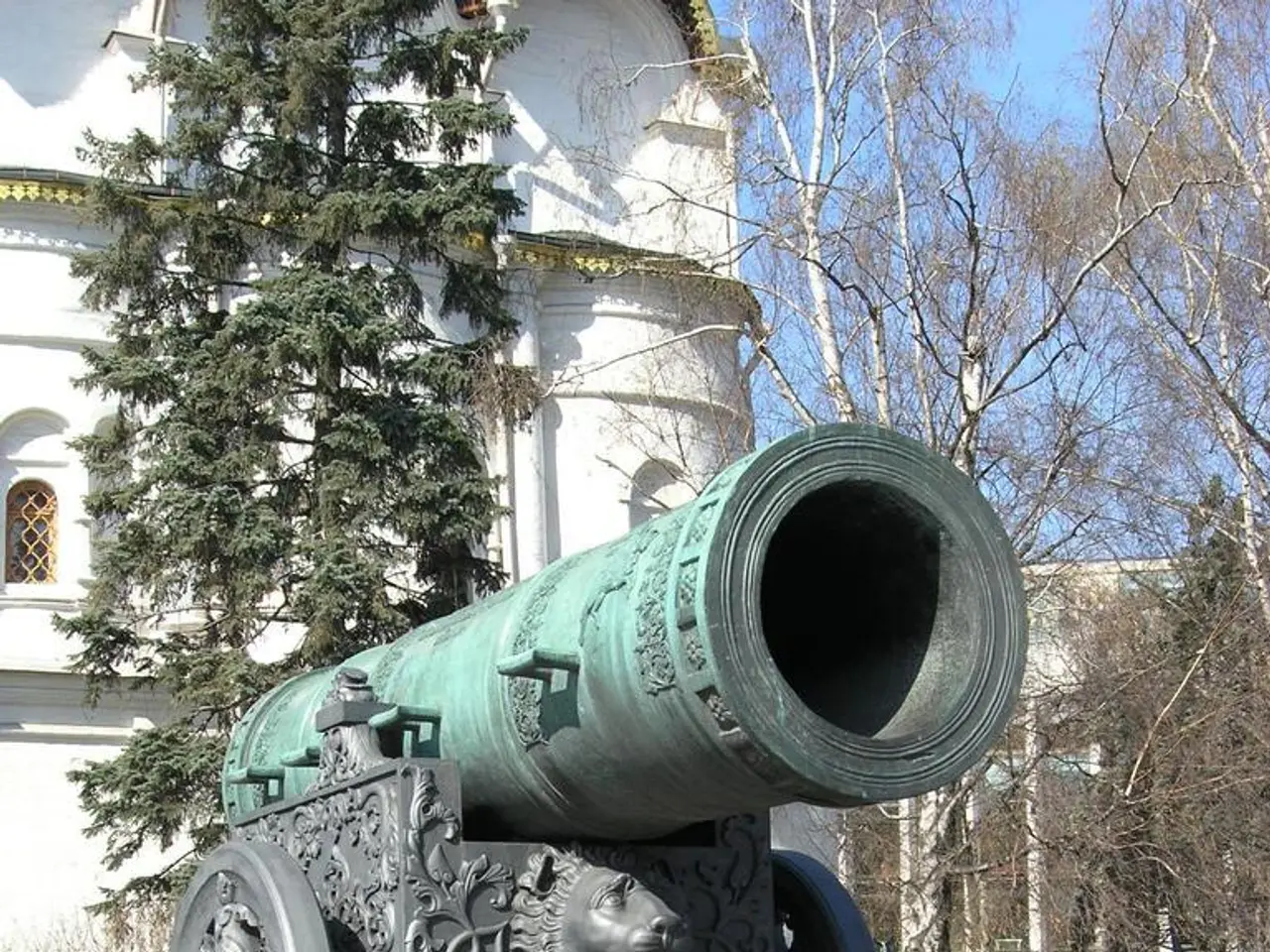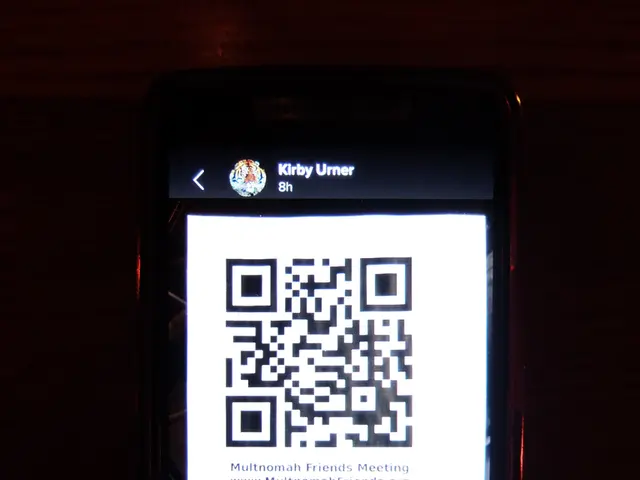Latvia Slaps a Property Ban on Russians and Belarusians: A Defensive Move against Hybrid Wars and National Security Threats
Russians and Belarusians are prohibited from purchasing real estate in Latvia.
In a bold, potential game-changer, Latvia has enacted a law to bar Russian and Belarusian citizens from purchasing real estate on its soil, sounding alarm bells as the Herzog-Baltic EU and NATO nation joins the league of nations tightening the screws on Moscow. This ban extends not only to individuals but also corporations and registered associations with significant stakes from the neighboring countries. Why, you ask? Let's dive into the reasons.
Reasons for the Ban – A Need for Defense and Deterrence
- Shielding National Security: With the looming threat of Russia's continued aggression in Ukraine and the use of blended warfare tactics against neighboring EU states, the Baltic nation places a premium on safeguarding its security. Russian and Belarusian nationals, or entities associated with them, pose potential national security risks. Acquiring real estate is a tactic for non-military influence and hybrid warfare, offering hostile actors a foothold or cover for covert activities.
- Countering Hybrid Warfare: Latvian legislators view property transactions with Russian and Belarusian citizens as tools of hybrid warfare, a term for conflict that encompasses both conventional military threats and economic, informational, and covert operations. The ban is part of a broader strategy to thwart sabotage, espionage, and influence operations attributed to Moscow, which includes targeting critical infrastructure and attempting to destabilize society.
- Blocking Indirect Ownership: The restrictions on companies with 25% or more ownership by Russian or Belarusian nationals seek to block indirect real estate acquisitions. These transactions can serve as springboards for hostile activities or examples of economic leverage.
- Exceptional Cases: The ban makes exceptions for EU and Latvian permanent residents, Belarusian refugees, and repatriates, ensuring that humanitarian and residency considerations are balanced with security concerns.
Implications of the Ban – Consequences for Economics, Security, and Politics
- Detachment from Russia and Belarus: The measure effectively curtails economic ties between Latvia and its neighboring countries, limiting the prospects for investments or property ownership that might be utilized for political or intelligence purposes.
- Strengthening Defense Posture: In conjunction with increased defense spending and civil preparedness plans, such as relocation strategies for military personnel in case of war, the ban underscores Latvia's active defense measures against potential Russian aggression.
- Stirring Regional Tensions: Latvia's ban conforms to and intensifies regional tensions between Russia and the Baltic states, further suggesting confidence in a stern response to Russian influence and imposing additional economic and diplomatic pressure on Moscow and Minsk.
- Symbolism and Resistance: Beyond practical considerations, the ban symbolizes a rejection of Russian and Belarusian aggression, substantiating Latvia’s vocal position in support of Ukraine and reinforcing its role as a self-assured defender against Russian expansionism.
A Wider Regional Fallout – Ripples in Baltic and Nordic Defense Strategies
Latvia's ban on real estate purchases is indicative of a growing mistrust and defensive stance among Baltic and Nordic countries towards perceived Russian expansionism and hybrid threats. These measures create a snowball effect of heightened security measures, economic sanctions, and political divides, ultimately fortifying NATO and EU frontlines in a region historically vulnerable to Russian influence operations and military threats.
- This move by Latvia, prohibiting Russian and Belarusian citizens from purchasing real estate, signals a shift in employment policy as it limits opportunities for foreign investors in the finance and real-estate sectors.
- In light of the property ban, policies and legislation within Latvia may require amendments to accommodate the changes in the housing-market and address investment concerns.
- The restriction on property purchases has potential implications for politics, as it solidifies the Baltic nation's stance against Russia and Belarus, reflecting a broader trend of national defense and deterrence against hybrid wars and national security threats.
- As other Baltic and Nordic countries consider similar measures, the effects of this employment policy could extend beyond Latvia, influencing the broader general news surrounding regional defense strategies and geopolitics.





